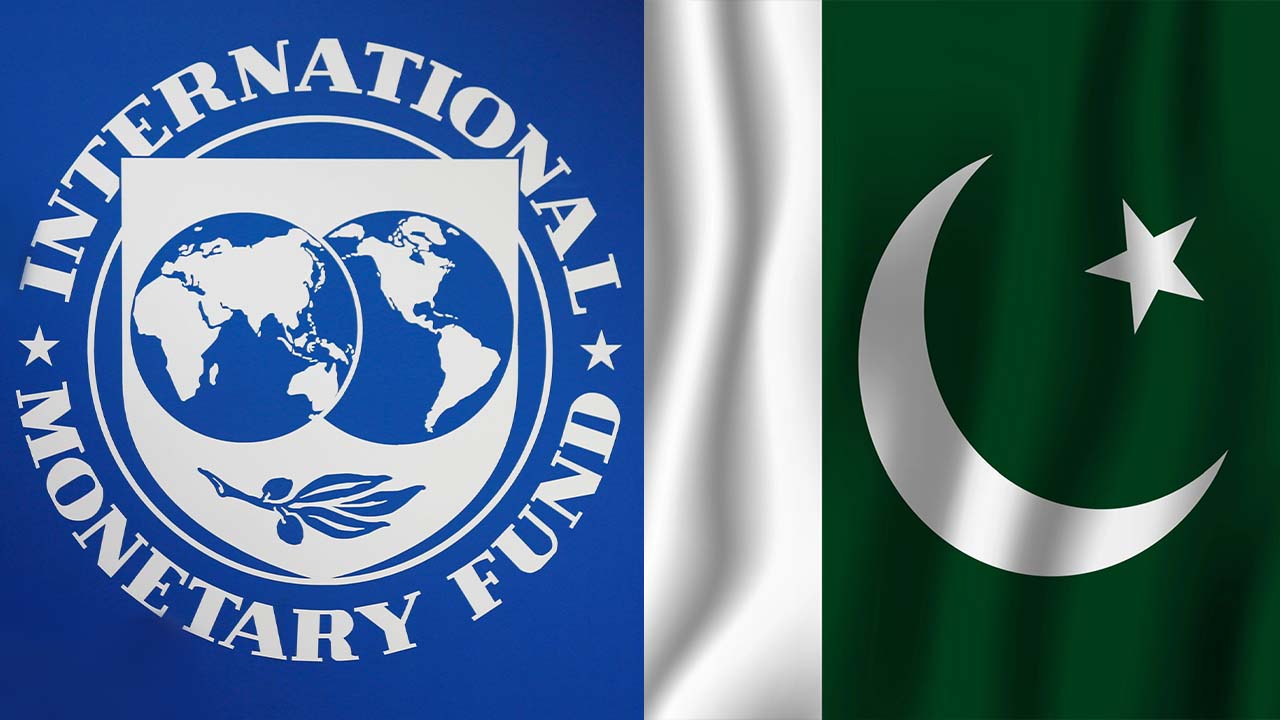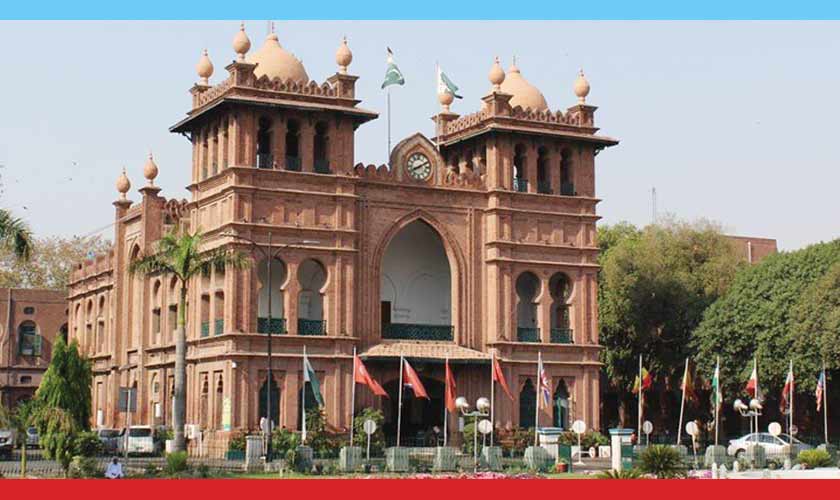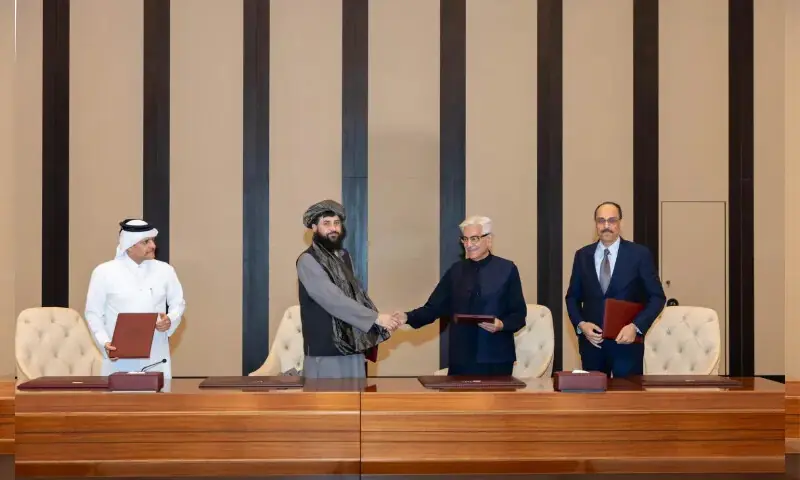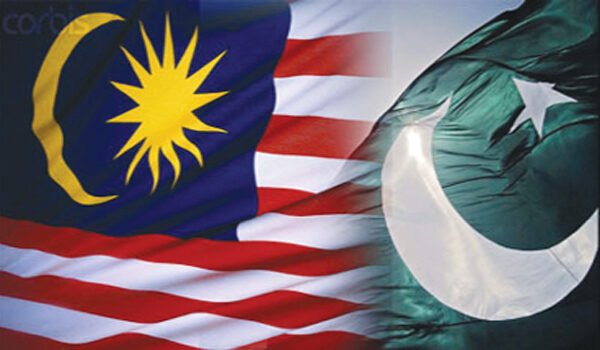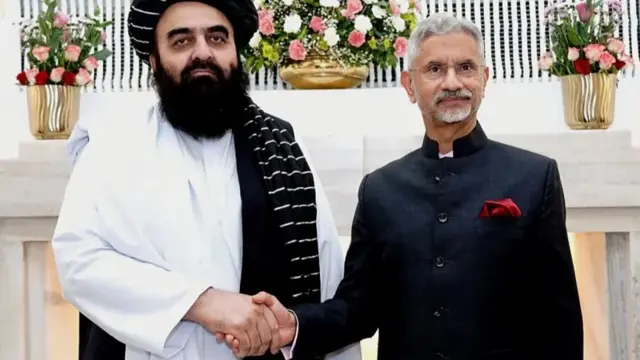Irfan Khan Mehsud
Hosting the Shanghai Cooperation Organization (SCO) summit in Islamabad on October 15-16, 2024, is a strategic move that marks a significant turning point for Pakistan. This summit not only provided a platform for deepening engagement with major global powers such as China and Russia but also echoed a renewed commitment to strengthening these crucial partnerships. Both nations play a pivotal role in Pakistan’s economic and defense sectors, and their participation at the summit symbolized a collective effort to foster these vital relationships.
A number of Memorandums of Understanding (MoUs) were signed during the event, focusing on critical areas like infrastructure, trade, and energy collaboration—sectors essential for sustaining long-term economic stability. Given the current shifts in regional dynamics, the timing of this summit couldn’t be more strategic. It not only reinforces Pakistan’s ties with China and Russia but also opens avenues for the nation to improve its broader regional relationships.
One of the noteworthy developments was the attendance of India’s Foreign Minister, a first since 2015. This gesture holds immense significance and can potentially aid in easing the strained relations between Pakistan and India, which have been tense since their independence in 1947. The SCO, emphasizing multilateral cooperation, provides a neutral space for both nations to engage with shared challenges, including counterterrorism, trade issues, and regional connectivity. A productive dialogue could pave the way for a more peaceful and prosperous South Asia, instilling hope and optimism in the region.
However, the SCO summit is only one aspect of Pakistan’s comprehensive strategy for economic recovery and stability. While international diplomacy is critical, addressing internal economic challenges remains paramount. The Pakistani economy has made gradual, though precarious, strides toward stabilization after experiencing chronic instability in recent years. The government must ensure that the improvements achieved so far are not only maintained but also used as a foundation to cultivate a more resilient and sustainable economic future.
A major element of Pakistan’s economic strategy lies in its ongoing collaboration with the International Monetary Fund (IMF). As the country embarked on the current financial year, securing a new IMF program was prioritized to support its fiscal and monetary policies. This program is not just a financial support, but a reassurance of Pakistan’s commitment to economic reforms and stability. Consequently, the budget for fiscal year 2024-25 was crafted in accordance with IMF guidelines to meet specific program targets.
The IMF’s program is crucial not only for garnering broader financial support from the international community but also for facilitating continued economic reforms in vital areas such as fiscal discipline, public sector governance, and taxation. According to the IMF Country Report No. 24/310 released on October 10, 2024, the EFF program aims to restore confidence in Pakistan’s economic policy framework. At its core, this initiative emphasizes the integration of fiscal, monetary, and exchange rate policies, fostering a more cohesive economic strategy. Importantly, it focuses on optimizing public expenditure to ensure that essential sectors like healthcare and education receive adequate funding, thereby creating the fiscal space necessary for long-term investments.
Tax reform represents another critical domain within the IMF program. Pakistan’s tax system has long faced criticism for its shortcomings and inequities, with many sectors significantly under-taxed. By broadening the tax base and ensuring equitable contributions from all sectors, the government can enhance revenue generation and create a fairer distribution of the tax burden. Such reforms are essential for improving fiscal sustainability while also promoting a competitive business environment.
Moreover, the program advocates substantial improvements in public sector governance, especially regarding the management of state-owned enterprises (SOEs), which have historically drained public resources due to inefficiencies. The IMF program outlines a comprehensive strategy for reforming SOEs, including enhanced governance, increased transparency, and potential privatization when necessary—all crucial measures needed to lighten the government’s financial load.
Privatization is another avenue through which the government seeks to reduce its economic footprint, as agreed upon under the IMF program. State-owned entities like Pakistan International Airlines (PIA) and the Roosevelt Hotel are included in this initiative. This process could create additional fiscal space by shedding loss-making entities that have consistently drained public resources. Furthermore, privatization stands to introduce competition in sectors currently dominated by inefficient state-run operations, ultimately improving service delivery and economic efficiency.
The EFF program also encompasses initiatives to boost transparency and accountability within Pakistan’s public administration. A significant reform is the implementation of a digital asset declaration system for senior public officials, mandating them to disclose their domestic and foreign assets. This step aims to combat corruption and bolster public trust in governmental institutions. Such moves are critical for enhancing governance and ensuring responsible management of public resources.
Pakistan’s economic recovery also hinges on successfully navigating its complex federal-provincial relationships. Under the present fiscal structure, the federal government has limited resources after sharing revenue with provinces, compelling it to rely heavily on borrowing. This scenario has contributed to rising debt levels. To address these imbalances, a National Fiscal Pact (NFP) has been developed, aiming to enhance federal-provincial relations by devolving certain spending responsibilities to the provinces, which is essential for curbing the federal government’s fiscal deficit.
The effectiveness of the NFP depends largely on the provinces’ willingness to bolster their own revenue generation capabilities—particularly in areas like sales tax on services, property tax, and agricultural income tax. By increasing their revenue collection efforts, provinces can reduce their dependency on federal transfers, thereby providing more fiscal stability to the federal government and contributing to the overall economic resilience of the country.
The road ahead for economic recovery is fraught with challenges; however, Pakistan’s engagement in the SCO summit has created a unique opportunity to strengthen its international partnerships and secure the necessary support for ongoing reforms. The agreements and alliances formed during this summit can not only provide vital economic resources but also create strategic alliances essential for sustainable development.
Ultimately, the responsibility for shaping Pakistan’s economic future rests with its government and policymakers. While the IMF program offers a valuable roadmap for reforms, the successful implementation of these initiatives relies on sustained political will and commitment. The stakes are considerable, and any setbacks could risk undoing the progress achieved thus far. However, with careful planning and an unwavering focus on long-term stability, Pakistan has the potential to emerge stronger and more resilient than ever.
By successfully hosting the SCO summit, Pakistan has conveyed a crucial message to the international community: the nation is open for investment while also clarifying the broader economic challenges it faces. The path forward may be laden with obstacles, but with sound policies and robust international partnerships, Pakistan can navigate these hurdles and cultivate a stable, prosperous future for its citizens. The outcomes of the summit will undoubtedly act as a catalyst for both diplomatic success and necessary economic reforms, equipping Pakistan with the tools it requires for enduring growth and stability.







